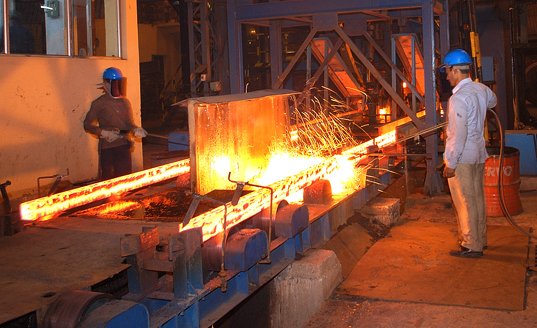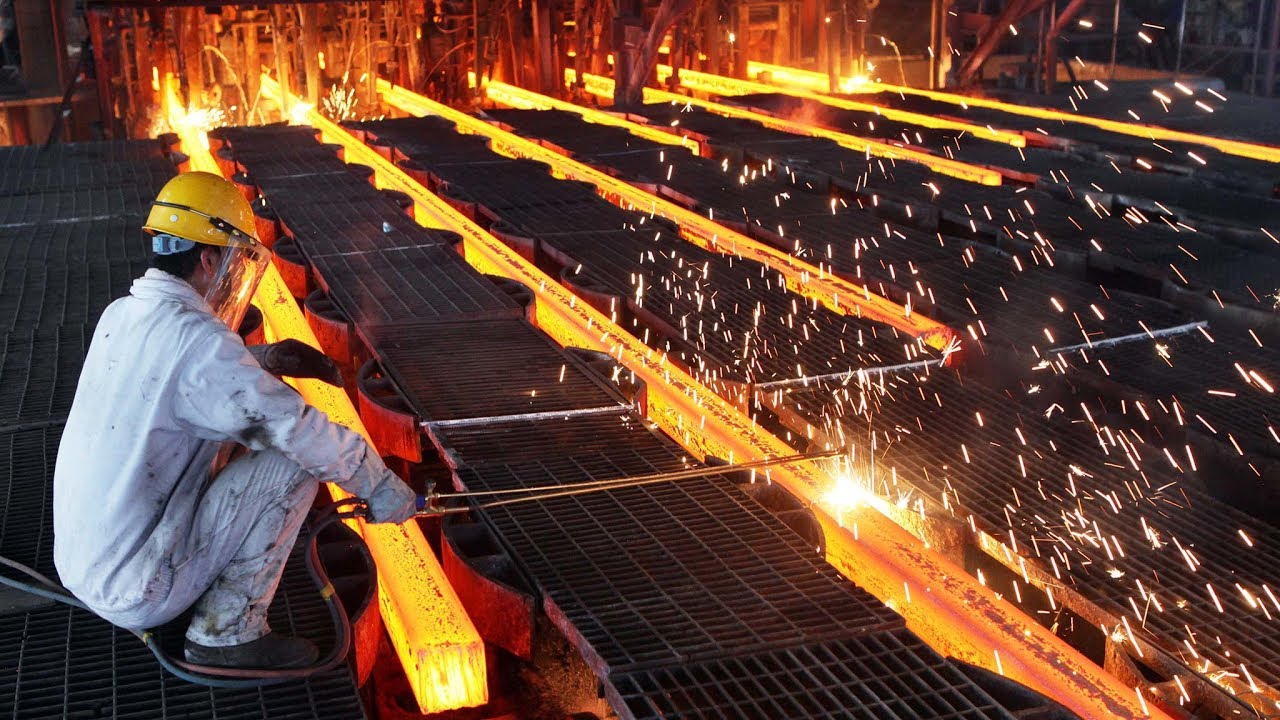TMT Manufacturers
Searching for TMT Manufacturers in Australia? Your search ends here! Businessetu has listed a number of leading TMT manufacturers from India and links you with India's top manufacturers and exporters, renowned for their exceptional quality and competitive prices. With India's improved trade policies and strong ties with Australia, exporting is a breeze. Whether you require custom designs or standard sizes of TMT, our marketplace offers comprehensive options to meet your TMT needs. Explore the advantages of sourcing from India and connect with reliable manufacturers today for high-quality TMT at unbeatable prices.

Product Specification of TMT Manufacturers
| Specification | Details |
|---|---|
| Product Name | TMT Bars |
| Material | High-Strength Reinforcement Steel |
| Manufacturing Process | Thermo-Mechanical Treatment |
| Grade | Fe 415, Fe 500, Fe 550, Fe 600, etc. |
| Diameter | Typically ranges from 8 mm to 40 mm |
| Length | Standard lengths: 12 meters, 18 meters, etc. |
| Rib Pattern | Ribbed or Twisted |
| Tensile Strength | Minimum 415 MPa to 600 MPa (MegaPascals) |
| Yield Strength | Minimum 415 MPa to 600 MPa (MegaPascals) |
| Elongation | Minimum 14% to 20% |
| Bend Test | Conforms to IS 1786 standards |
| Corrosion Resistance | High resistance to corrosion and rust |
| Surface Finish | Rust-Proof, Mill Finish |
